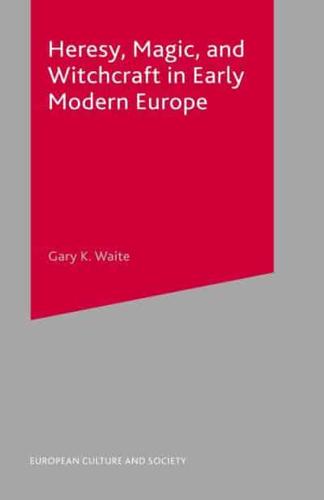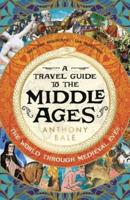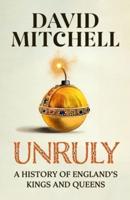Publisher's Synopsis
In the fifteenth century many authorities did not believe Inquisitors' stories of a supposed Satanic witch sect. However, the religious conflict of the sixteenth-century Reformation - especially popular movements of reform and revolt - helped to create an atmosphere in which diabolical conspiracies (which swept up religious dissidents, Jews and magicians into their nets) were believed to pose a very real threat. Fear of the Devil and his followers inspired horrific incidents of judicially-approved terror in early modern Europe, leading after 1560 to the infamous witch hunts.
Bringing together the fields of Reformation and witchcraft studies, this fascinating book reveals how the early modern period's religious conflicts led to widespread confusion and uncertainty. Gary K. Waite examines in-depth how church leaders dispelled rising religious doubt by persecuting heretics, and how alleged infernal plots, and witches who confessed to making a pact with the Devil, helped the authorities to reaffirm orthodoxy. Waite argues that it was only when the authorities came to terms with pluralism that there was a corresponding decline in witch panics.









